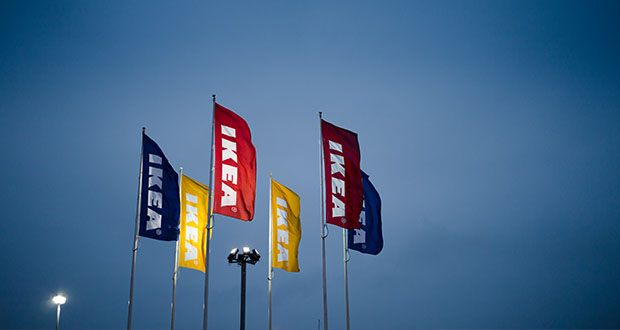A global crisis can either paralyse a marketing team or boost it to thrive. This applies to higher education as much as it does to every other sector.
The correct approach during economic uncertainty is to increase — not decrease — your marketing spend. The last thing you want is to find yourself falling behind your competitors once the economy picks up again.
Sadly, this very scenario has been seen time and time again – and needs to be avoided at all costs.
Successful marketing during COVID-19 simply requires a revisit of the basic elements of purpose, value and messaging.
Adapt your message
Marketing may adapt during a crisis and subsequent economic downturn like that of COVID-19, but that does not change what is at its very core.
By focusing on what your market needs and how your services help solve their problems, your messaging will remain value-driven and clear.
Focus on your organisation’s long-term commitment to its customers. Your mission statement is also imperative.
Cottonelle, for instance – one of the world’s largest toilet paper producers – delivered a direct message to its customer base earlier this year in an effort to ease consumers’ concerns and discourage panic buying. They instead urged people to “stock up on generosity, compassion and sharing rather than thinking of themselves only”.
Don’t overpromise
It’s important that any marketing message remains optimistic, even during tough times. But never overpromise.
All that you can promise your customers is that you will stay committed to handling the situation and serving them the best way you can.
In the case of higher education, customers (i.e. students and agents) need assurances that the product (awards and qualifications) and the delivery (teaching and learning) will remain at the highest standard possible, even despite the necessary changes and adjustments required.
Conveying anything else, even if well-intentioned to keep up morale, could be a major mistake.
Be sincere
A positive, inspirational and helpful attitude goes a long way in marketing. During difficult times especially, sincerity and integrity are fundamental.
Avoid being humorous, witty or casual, as this could have a detrimental effect on customer morale.
Be a source of motivation
Motivation is offering value to customers… think contribution, not conversion.
Aggressive marketing tactics are unlikely to be successful during these difficult times, especially for items or services that can be considered unessential.
Higher education remains an important aspiration for many, but it may be postponed in the short term given restrictions and cost.
Rely on the evidence
Effective marketing requires metrics to define its parameters and determine its ROI. Hence it is always crucial to use evidence and solution-based messaging.
Offering ‘meaningful marketing’ is easier during a time when most people are struggling and need reassurance.
In a pandemic, people may have more time to consider or revaluate their purchasing, and this applies equally to higher education as it does other sectors/industries.
Retain oversight and leadership
Many marketers have turned internally for COVID-19 problem-solving. This inward focus may have been driven by a combination of the speed necessary for decision-making, survival fears and the view that no one really knows what a good decision would constitute.
All understandable – but leadership will become all important moving forward.
COVID-19 has required marketers to rethink how their organisations go to market and engage with customers. Those marketers who can leverage digital, social and trusted relationships should be well-positioned to navigate ongoing disruptions.
In the higher education context, the engagement with students and agents can possibly be enhanced and augmented in difficult times using the aforementioned strategies.
Maintain trust and credibility
Successful marketers identify 'trusted relationships' as the customers’ highest priority over the next 12 months.
Interestingly, many marketers currently expect customers to focus more on 'trusting relationships' than 'low price' despite the economic downturn.
IKEA, for example, saw an opportunity to shift perspective around 'Shelter-in-Place' advertising by welcoming its customers back into their own homes. By doing so, IKEA sought to remind people of the ‘world they had already created – rather than the world that was changing around them’.
It is a clear demonstration that during times of uncertainty, security and familiarity with a provider are worth more than the ticket price of a service.
Renewed focus on brand experience
In times of crisis combined with customers being more 'home-based' in their daily work routines, it will be important to invest in social media platforms.
Essentially the focus is on building brand value that connects with your customers and retains their loyalty, and not just in the immediate term.
'Operational experience' is an increasingly important part of long-term brand building. A strong emphasis on e-commerce and digital channels is crucial, including consideration of the role of direct-to-consumer e-commerce channels.
Analytics will also play a core role, not only in tracking consumer preferences and behaviours at increasingly granular levels, but also in enabling rapid response to opportunities or threats.
Sir Gerard Newcombe is marketing director at Group Colleges Australia/UBSS and author of Marketing: The Simple Technique. He was knighted by the Order of the Knights of Rizal in the Philippines in 2016 for his work in fostering relations between the Philippines and Australia.
Do you have an idea for a story?Email [email protected]
 Campus Review The latest in higher education news
Campus Review The latest in higher education news

